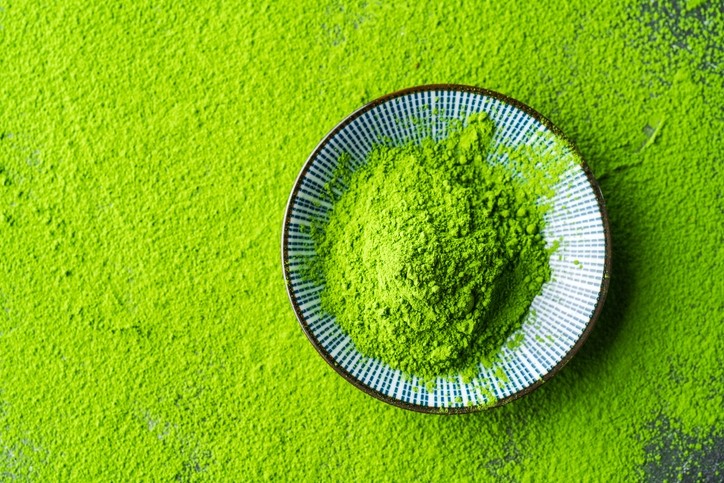Matcha boosts cognition in healthy young subjects, study shows

The recent study was done with ‘ceremonial grade’ matcha, which is a type of green tea powder made from whole dried leaves. The contents of the whole leaf are consumed in the beverage, as opposed to the steeped version more commonly consumed in which the leaves, and some of their constituents, are discarded.
The ‘ceremonial grade’ moniker refers to the care with which this particular grade is harvested, said Derek Timm, technical sales manager of Taiyo International. Taiyo is offering the ingredient as part of a new partnership with Japanese firm ITO EN.
“Ceremonial grade is a term that refers to the highest grade matcha. Ceremonial grade matcha is made from the youngest tea leaves that have the highest levels of chlorophyll, which is why it has a more vibrant green color compared to culinary matcha. Being as matcha simply is ground tea leaves, it’s difficult to standardize various bioactive components due to agricultural variability,” Timm told NutraIngredients-USA.
The new matcha study was the work of two ITO EN researchers and an expert associated with a medical clinic in Tokyo. The research was published in the journal Nutrition Research.
Effects on cognition under mild stress
To study the effects of matcha consumption among a population of healthy young subjects the researchers recruited 42 participants ages 25 to 34 years, who consumed 2 grams of ITO EN’s ceremonial-grade matcha daily for two weeks. After completing tests designed to induce mild, acute psychological stress, participants’ memory, attention, reaction times and other criteria were evaluated.
The tests included remembering lists of words and recognizing those words among random lists of words, recognizing symbol matches and other measures. The study also included a component purporting to measure emotional state, in which participants pressed a key when a portrait matched the description of the expression on the person’s face, such as ‘happy,’ ‘calm,’ ‘sad’ or ‘angry.’ That measure showed the matcha recipients recognized the happy face better than did the placebo group.
Constituent combination important
As green tea contains caffeine, one of the questions posed for cognitive measures is, was it just the caffeine? Timm said the combination of main active ingredients in match are important in this context. The material used in the study, in a 2070 mg dose provided 171 mg of catechins, 72.5 mg of caffeine and 50.3 mg of theanine.
“Since caffeine, L-theanine, and catechins are all naturally occurring components of matcha, their effects are intrinsically linked when consuming matcha even though there is evidence for these components separately. When it comes to ceremonial matcha, the color and flavor are probably most important with the cognitive benefits being an added bonus,” Timm said.
Results in younger cohort significant
The study’s results can't be described as bombastic in nature (the researchers found no effects in some of the measures). But Timm noted that it's still significant because showing any cognitive improvement in younger people at the height of their mental powers is no mean trick.
“The present study shows an improvement in reaction time in young adults compared to the placebo. The improvement of reaction time during a task is important since this has a higher likelihood of translating to work or other daily activities. Any improvement in a young healthy person is noteworthy since they are at their highest mental state, whereas any cognitively impaired population has more room for improvement,” he said.
Source: Nutrition Research
https://doi.org/10.1016/j.nutres.2020.12.024
Matcha consumption maintains attentional function following a mild acute psychological stress without affecting a feeling of fatigue: A randomized placebo-controlled study in young adults
Authors: Baba Y, Kaneko T, Takihara T
















